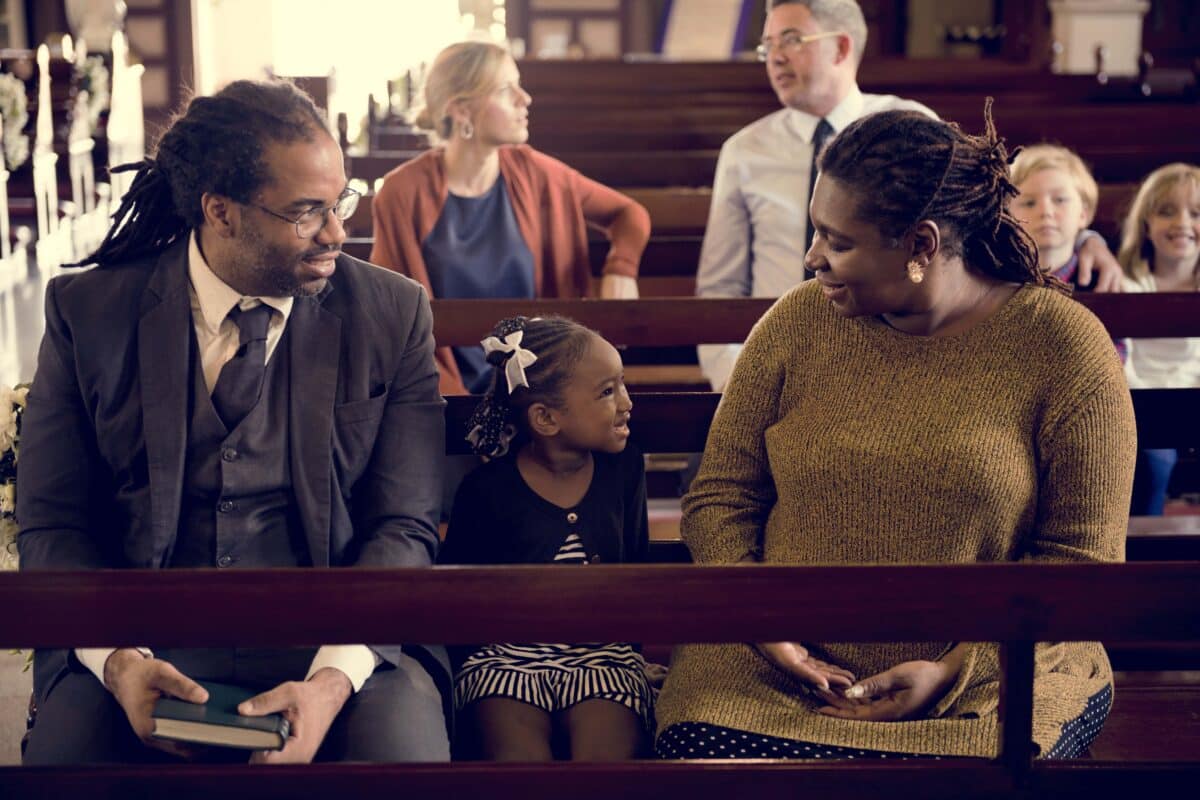Power. It is not a word that gets batted around much, unless you happen to be in a Pentecost service and then it may be used alongside ‘Holy Spirit’. But aside from a biblical context, power is not something that you hear Christians or churches talking about. And yet, it could be argued that it’s the invisible aspect of church life that is currently having a negative impact on our church family.
The Oxford Dictionary defines power as being “the capacity or ability to direct or influence the behaviour of others or the course of events”. This sounds pretty intense. However, we all create power shifts or differences within our everyday relationships when we consciously (or more often unconsciously) allow ourselves to influence the behaviour of others. It is easier to see when someone has power over you when it comes from an individual who is authoritative or bully-like in personality. But what if it is happening in our churches and we are not aware of it?
As a children’s ministry support worker for the Diocese, I spent most of my time (and enjoyably I may add!) meeting with paid children’s workers, volunteers and clergy, exploring how to engage children and their families within the life of the church.
The interesting thing about children’s (and families’) ministry in the Church, is that we can often consider it a specific or sacred or special area. So much so that we require one person who ‘really gets it’ to show everyone else how it’s done. This is particularly obvious on a Sunday morning as parents and carers, with full confidence and trust, hand their children over to the church’s children’s team for the duration of the service. It can also be seen when a church embarks on the notion of an ‘all-age service’ and all control and authority and expectation is placed on a children’s worker or an enthusiastic volunteer.
Now obviously, I am a passionate advocate for children and so I am not demeaning this time on a Sunday at all, but what I would like to draw your attention to is the power that the children’s worker/pastor/team are given. I want to begin a conversation around is to what extent we believe the idea that only these individuals can lead our children to know Jesus. I would love to see communities where parents and carers are empowered rather than disempowered to raise their children spiritually.
This process will take time and will look different for each worshipping community, but I would love to encourage you to start thinking and talking about it. It could be as simple as changing the way that we narrate Sunday mornings so that parents/carers can make the decision of what is best for their children. For example, during a worship song, perhaps a parent decides that they want to worship with their family unit instead of encouraging their child to go to the front of the church without them. Similarly, when children go to their groups, it may be that a carer knows it is best for their child if they stay in the session briefly before leaving. We need to consider about how we empower parents and carers to make these decisions within the structure of our sessions.
How can we help parents and carers become more involved in the decisions made about children’s and families’ ministry. We could hold an ideas session about children’s sessions or a family service that intentionally has a group of parents and carers in it. It could look like considering having a parent or carer doing activities on a Sunday that would often be given to a children’s worker.
I would like to encourage you to take a moment to think about what small (or big) things you could do/stop/change so you can empower parents and carers more overtly in your work. Empowerment is definitely the name of the game.
Jess Rodewald is an experienced children’s worker and used to be part of the Diocese’s children’s and youth team.
